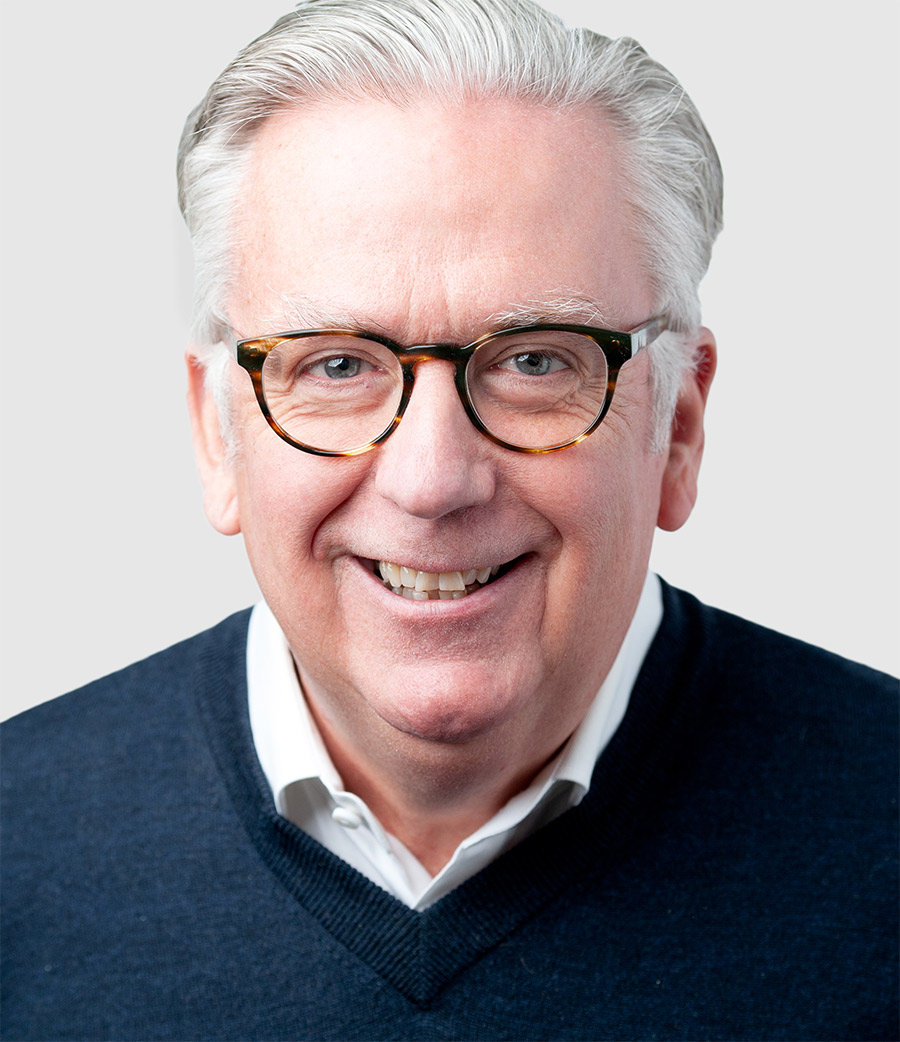Messages of Faith in Raised Print

“It hit me immediately,” Fallon said. “This is why we do it and why it’s so very important. It’s that type of work; you’re touching individuals deeply and directly. Our tagline is, ‘We provide faith and inspiration in Braille and audio,’ but it’s our patrons who are the inspiration.”
Fallon’s move to the Xavier Society followed a 30-plus-year career at Standard & Poors where he started out after earning a bachelor’s degree in finance and an MBA at Fordham. He spent most of his time in the public finance group doing bond ratings on state and local governments and larger nonprofits. After several years in New York, he moved to Texas to open S&P’s Dallas office. At the time, he and his wife Maureen were busy raising four children. Fallon kept close ties with his alma mater, and his daughter Emily, FCRH ’13, is an alumna of Fordham College at Rose Hill.
Anticipating a future change, Fallon returned to Fordham and earned a certificate in nonprofit leadership. When S&P offered senior executives an early retirement package—he was a managing director at the time—Fallon decided to accept the opportunity. He enrolled full time in the Master’s in Nonprofit Leadership Program, offered jointly by the Gabelli School of Business and the Graduate School of Social Services.
The two directors of the program told Fallon about an opening at the Xavier Society for the Blind, and he was intrigued. The nonprofit was founded in 1900 by a blind teacher, Margaret Coffey, and a Jesuit priest, Fr. Joseph Stadelman, SJ, to make religious books and magazines in raised print, now called Braille. The executive director post had been held exclusively by Jesuit priests, but now the board of directors was seeking a candidate with a solid business background.
![]() Making the transition to the nonprofit sector means leading with your heart instead of your head sometimes.
Making the transition to the nonprofit sector means leading with your heart instead of your head sometimes.
In six years, Fallon has led the transition of the nonprofit’s audio book catalogue to Digital Talking Book Format, continued growing its pool of dedicated supporters, and expanded its outreach to more people who are sight and hearing-impaired, a mission that is clearly his calling. “Making the transition to the nonprofit sector means leading with your heart instead of your head sometimes.”